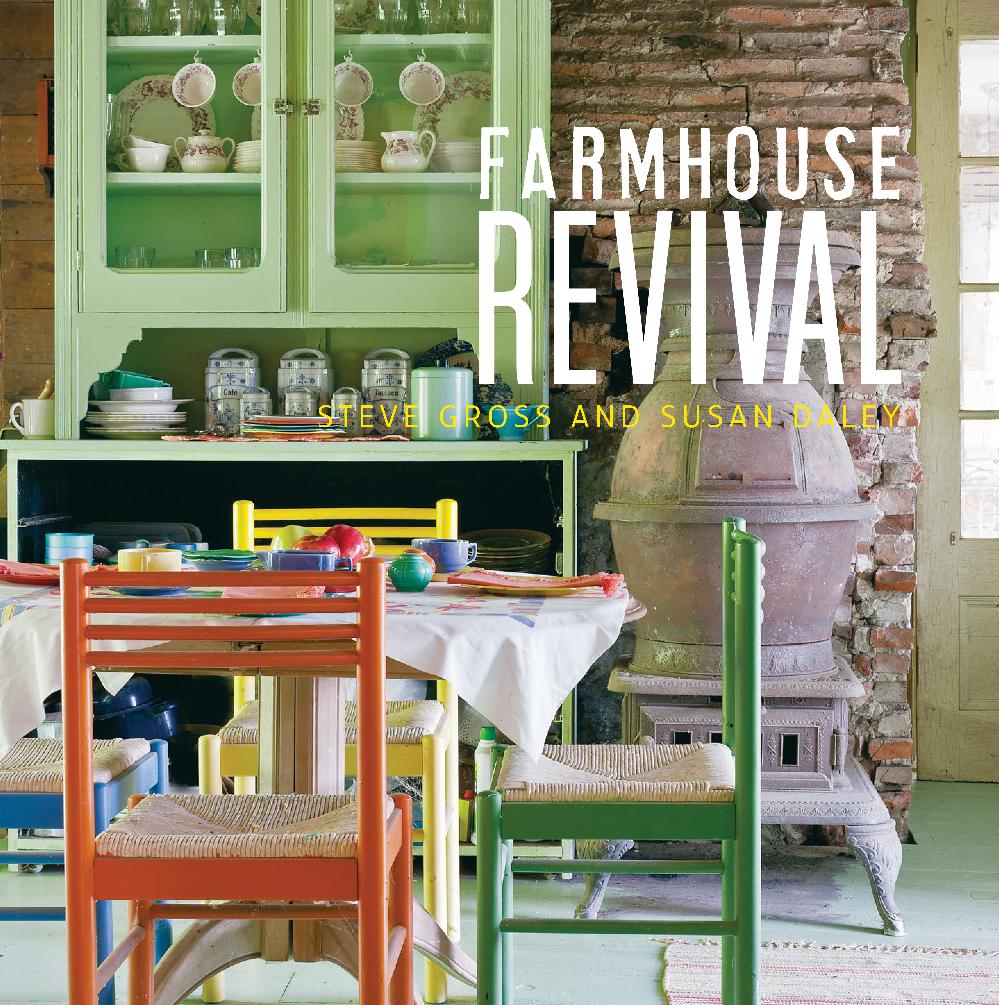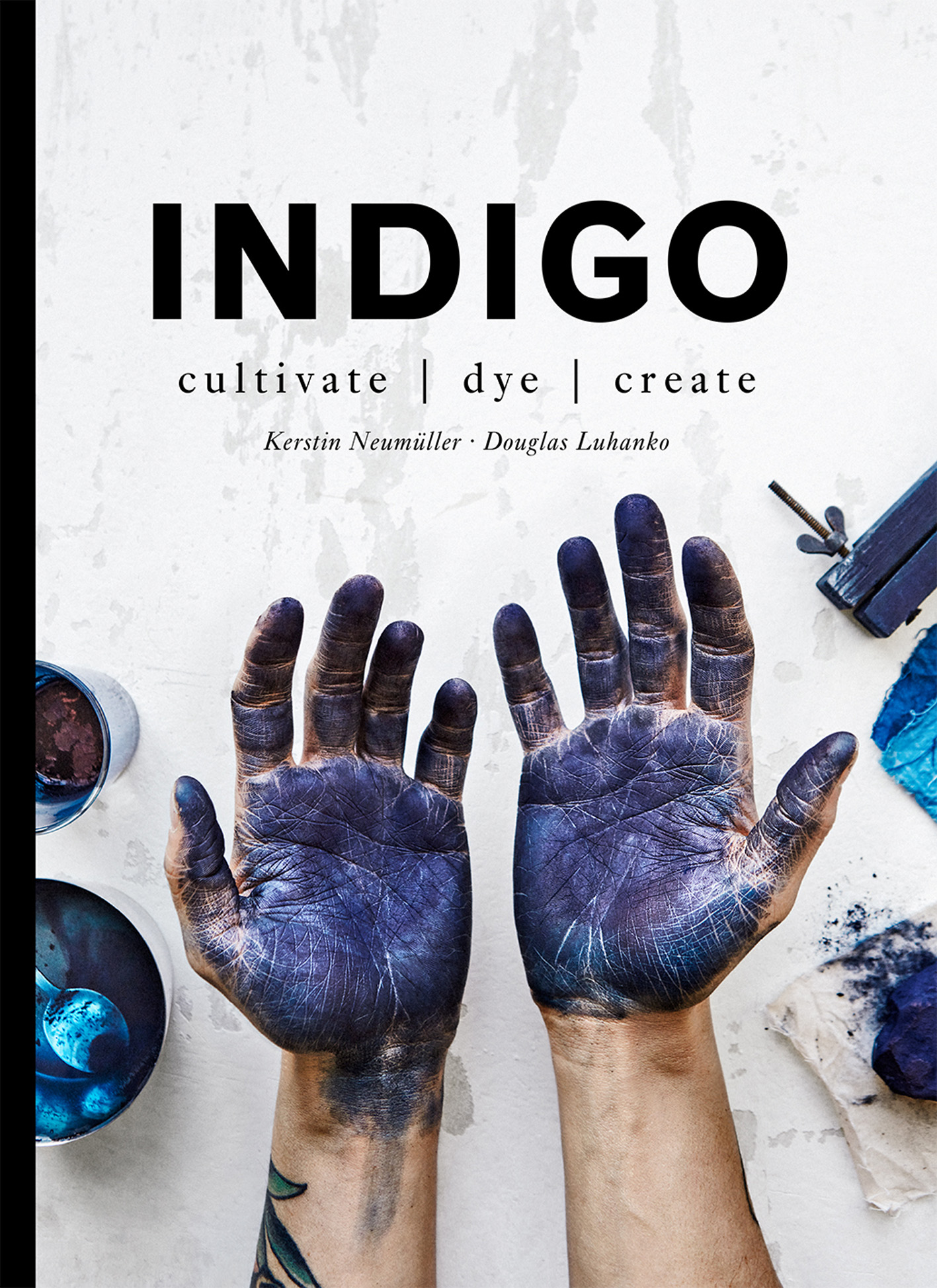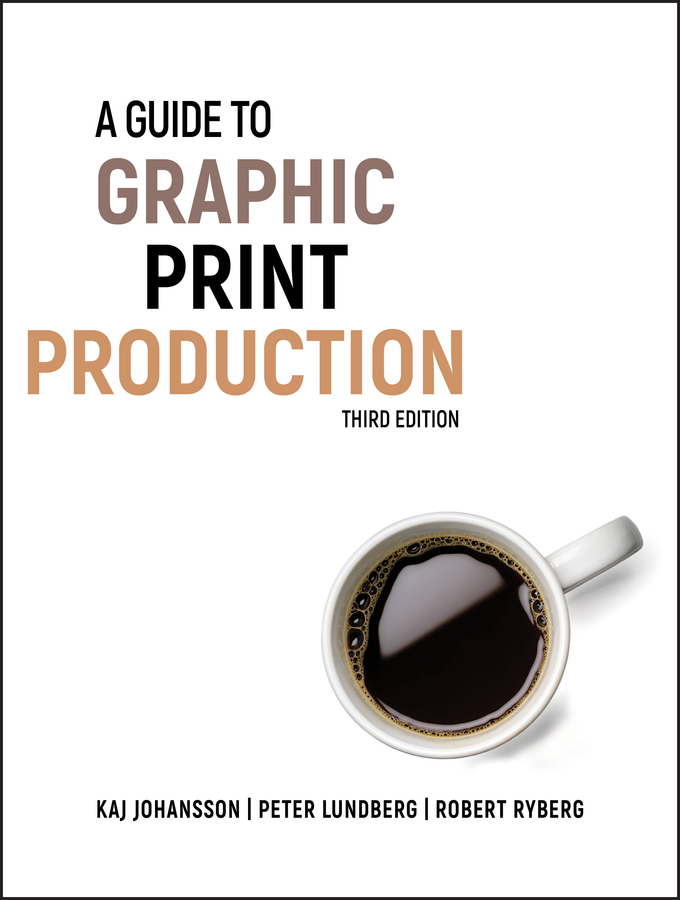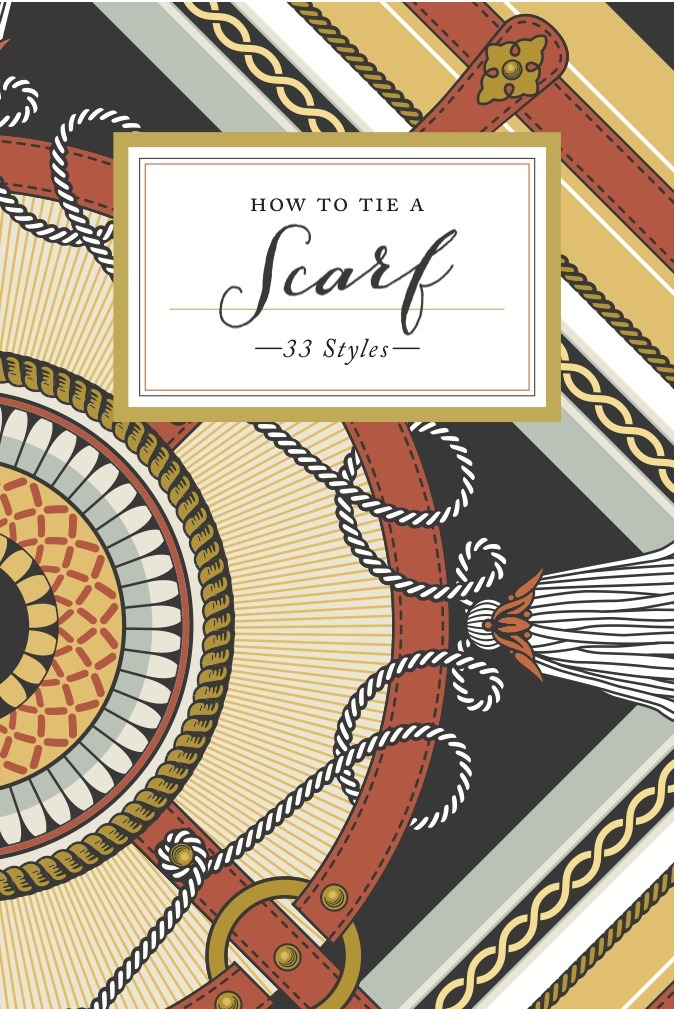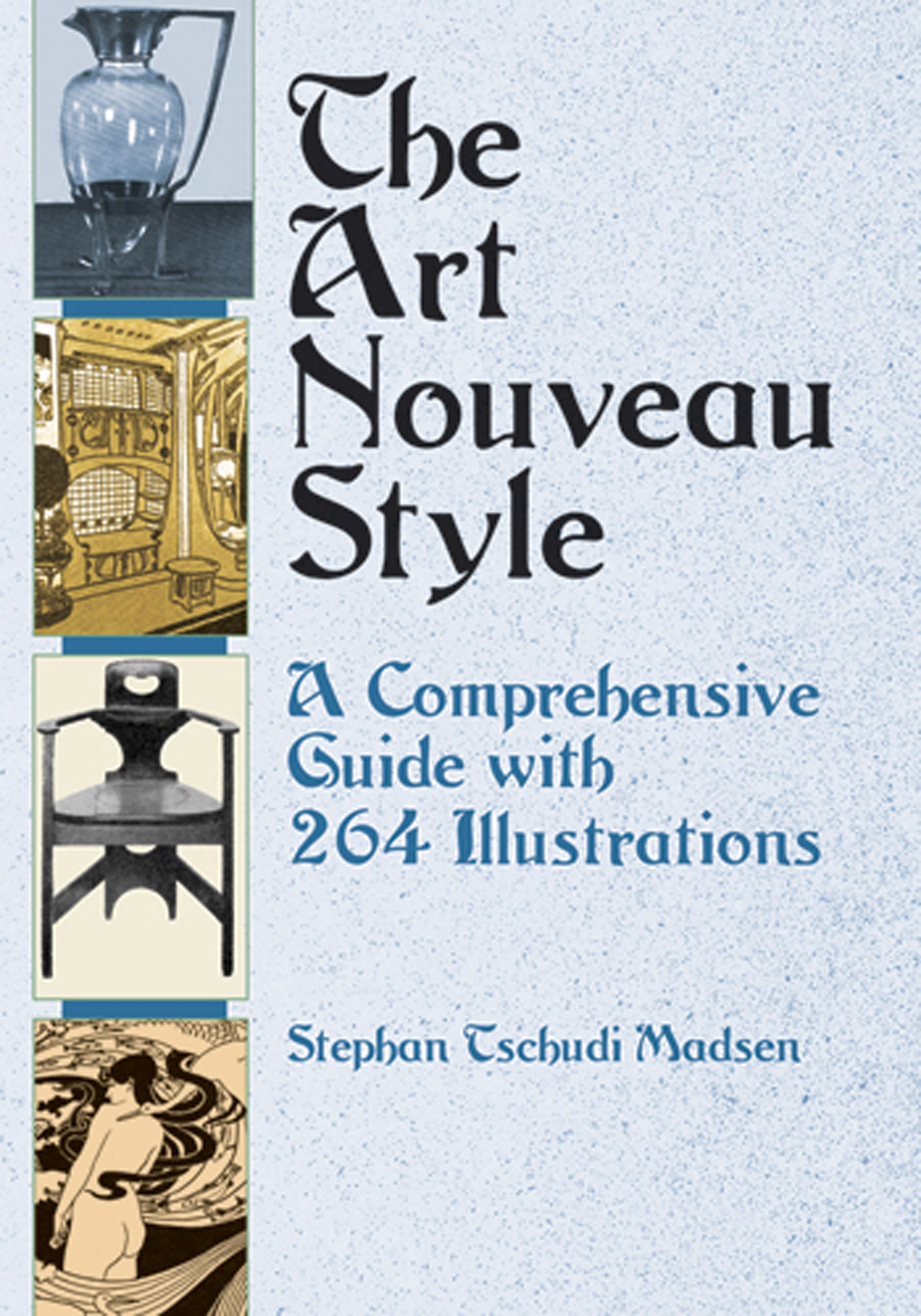Charles Bargue and Jean-Leon Gerome : Drawing Course
by Gerald M. Ackerman
2020-07-23 19:35:49
Charles Bargue and Jean-Leon Gerome : Drawing Course
by Gerald M. Ackerman
2020-07-23 19:35:49
• Two hundred lithographs that comprised a famous late nineteenth-century drawing course • Introduces the work of a hitherto neglected master: Charles Bargue • Of interest to artists, art students, art historians, and lovers and col...
Read more
• Two hundred lithographs that comprised a famous late nineteenth-century drawing course • Introduces the work of a hitherto neglected master: Charles Bargue • Of interest to artists, art students, art historians, and lovers and collectors of art The Bargue-Gérôme Drawing Course is a complete reprint of a famous, late nineteenth-century drawing course. It contains a set of almost two hundred masterful lithographs of subjects for copying by drawing students before they attempt drawing from life or nature. Consequently, it is a book that will interest artists, art students, art historians, and lovers and collectors of drawings. It also introduces us to the work and life of a hitherto neglected master: Charles Bargue. The Drawing Course consists of three sections. The first consists of plates drawn after casts, usually of antique examples. Different parts of the body are studied in order of difficulty, until full figures are presented. The second section pays homage to the western school of painting, with lithographs after exemplary drawings by Renaissance and modern masters. The third part contains almost 60 académies, or drawings after nude male models, all original inventions by Bargue, the lithographer. With great care, the student is introduced to continually more difficult problems in the close observing and recording of nature. Charles Bargue started his career as a lithographer of drawings by hack artists for a popular market in comic, sentimental and soft-porn subjects. By working with Gérôme, and in preparing the plates for the course, Bargue was transformed into a spectacular painter of single figures and intimate scenes; a master of precious details that always remain observation and never became self-conscious virtuosity, and color schemes that unified his composition in exquisite tonal harmonies. The last part of the book is a biography of Bargue, along with a preliminary catalogue of his paintings, accompanied by reproductions of all that have been found and of many of those lost.
Less













